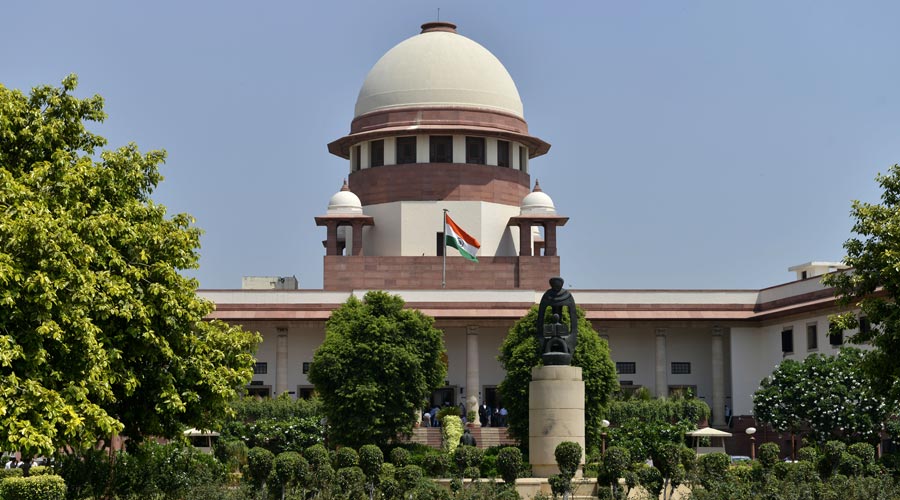The issue of bail can seem puzzling. While the Supreme Court insists that bail is the rule and jail the exception, high courts — not to speak of the lower courts — continue to reject bail applications. Or so it looks at first sight. These courts do follow the Supreme Court’s principle when it matters most. For example, the Supreme Court granted three months interim bail to an accused in the Haridwar ‘Dharma Sansad’ hate speech case which included an allegation of calls for genocide against a minority community. The Uttarakhand High Court and a Haridwar court respectively granted bail to two other accused in the same case. They were made to promise they would not spout hate again. But such conditional freedom could not be granted to persons such as Siddique Kappan and Teesta Setalvad, both accused of a plethora of wrong-doing, and both refused bail by different courts. Mr Kappan, a journalist, was accused of intent to create caste conflict and incite riots in Hathras, where he claimed to be going to write on a gang-rape and murder. Ms Setalvad was accused — among other things — of having provided false information, possibly with payment from the Congress, to nail the then Gujarat chief minister, Narendra Modi, in relation to the Gujarat killings.
Lay persons may not be able to assess the justness of such decisions, but it is disconcerting when senior lawyers, such as Kapil Sibal, express their disappointment too. Mr Sibal felt that the situation called for people to step out on the roads — presumably in defence of their rights and the expectation of equality before the law. It was as though all institutions meant to protect democracy and the Constitution had been overtaken by a dominant point of view in place of constitutional principles. The retired Supreme Court judge, Jasti Chelameswar, also underscored the need for people to stand up for their rights and liberties, for the Constitution gave no automatic protection. Democracy relied on numbers, but the Constitution provided the ethical framework that prevented dominance and the erosion of rights. These exhortations suggested that the ethical framework was in danger from the very institutions it had created. It was up to the people to fight for its restoration, and to return Indian life to the comparative equanimity it had earlier.











